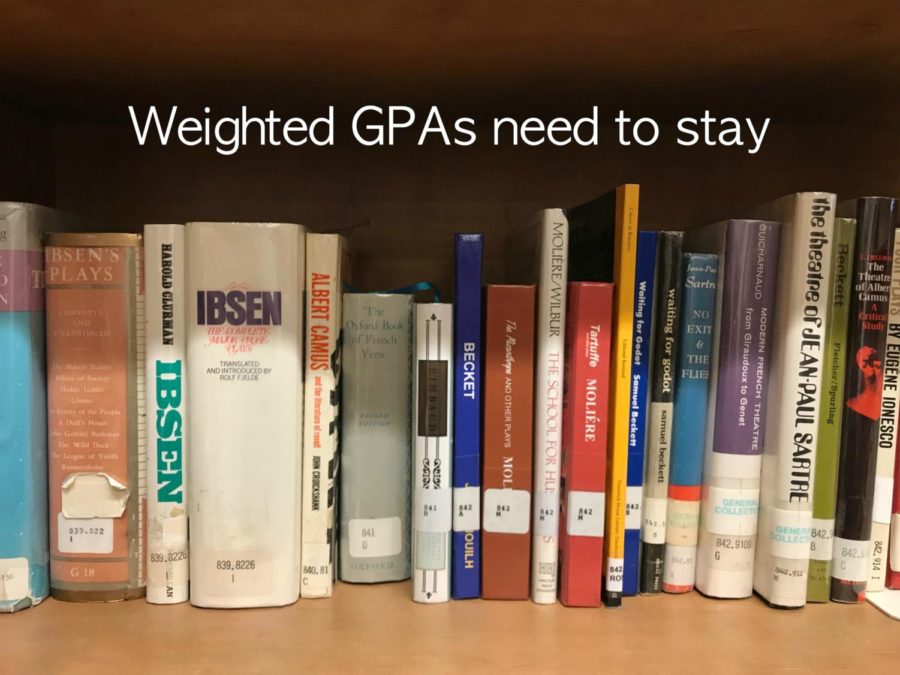“We work with independent fact-checkers to stop hoaxes that are going viral from spreading.”
That’s what Mark Zuckerberg told Georgetown University students in a speech in October of 2019. Now, it seems that he has changed his mind, and users will pay the price. As journalists, we fear the potential rise in misinformation this could perpetrate.
Zuckerberg, CEO of Meta, recently announced that Meta would no longer use third-party fact-checkers to moderate posts. Instead, Meta plans to move towards a “Community Notes” approach. This is already a feature on Elon Musk’s platform, “X,” formerly known as “Twitter.”
Meta’s new “personalized” approach to political content poses a number of threats to both the safety of users and their ability to think rationally. Fact-checking was a tool that helped users navigate political misinformation and fake news, as well as promote critical thinking.
Meta first introduced third-party fact-checking on their platforms following the presidential election in 2016, after Facebook came under fire for allowing scores of misinformation to spread unaccounted for. After the 2020 presidential election and COVID-19 pandemic, some users began to argue that this practice was suppressing free speech.
It is this perceived threat towards free speech that Zuckerberg attributes the decision to end fact-checking. In a statement released on Jan. 7, Zuckerberg said that third-party fact-checkers on Meta platforms (Facebook and Instagram) were “politically biased” and destroyed the trust of users. Meta will now move towards “Community Notes,” a feature where users can comment on a post, and the most liked comments will appear to all users who come across that post. Basically, fact-checking has become a popularity contest.
Obviously, this isn’t how facts work. Facts aren’t determined by the consensus of a group of people. If users are involuntarily exposed to certain political opinions while using Meta platforms simply because a certain number of people have liked specific comments, well, isn’t that political bias? This sounds a little like “peer-pressure” to us, which is quite a childish tactic for a large tech corporation to be employing.
The company’s move to promote free speech comes at a concerning time in which consumer trust in both local and global news has plummeted. With a majority of news consumers in the U.S. worried about the spread of false information on social media, Zuckerburg’s decision to remove third-party fact checking seems illogical.
Let’s make one thing clear: facts aren’t political. Unfortunately, our politically polarized society has weaponized facts to the point where people see the acknowledgement of them as a personal attack. While it can be difficult to see opposing views, accessibility to the truth is essential for people to rationally form views on the world that they truly believe in.
No matter your age or where you come from, social media has undeniably become an integral part of people’s lives. Social media is used to shop, follow influencers, learn about the happenings of the world and much more. We encourage you, fellow users of social media, to recognize how you interact with the online world. Social media may be your primary source of political information, but you can also explore those interests in your everyday lives, too.
Through in-person conversations with people from various backgrounds, we can discover more about the world around us. Through the consideration of facts and different perspectives, we can understand that issues of importance are nuanced and deserve more thought than a “like” online. Most importantly, we must remember that our perceptions of the world are constantly evolving, and whether a fact affirms or challenges what we know, we should welcome the truth.
Editorials reflect the views of the majority of WSPN editors.





![Last Wednesday, the Wayland School Committee gathered to discuss a number of topics regarding the health curriculum and Innovation Career Pathway course. Another large topic of conversation was the ways to potentially mitigate distracting cell phone usage. "These [phones] are going to distract your learning and social relationships," Superintendent David Fleishman said. "That's concrete right there."](https://waylandstudentpress.com/wp-content/uploads/2025/06/Screenshot-2025-06-04-at-9.49.31 PM-1200x886.png)































